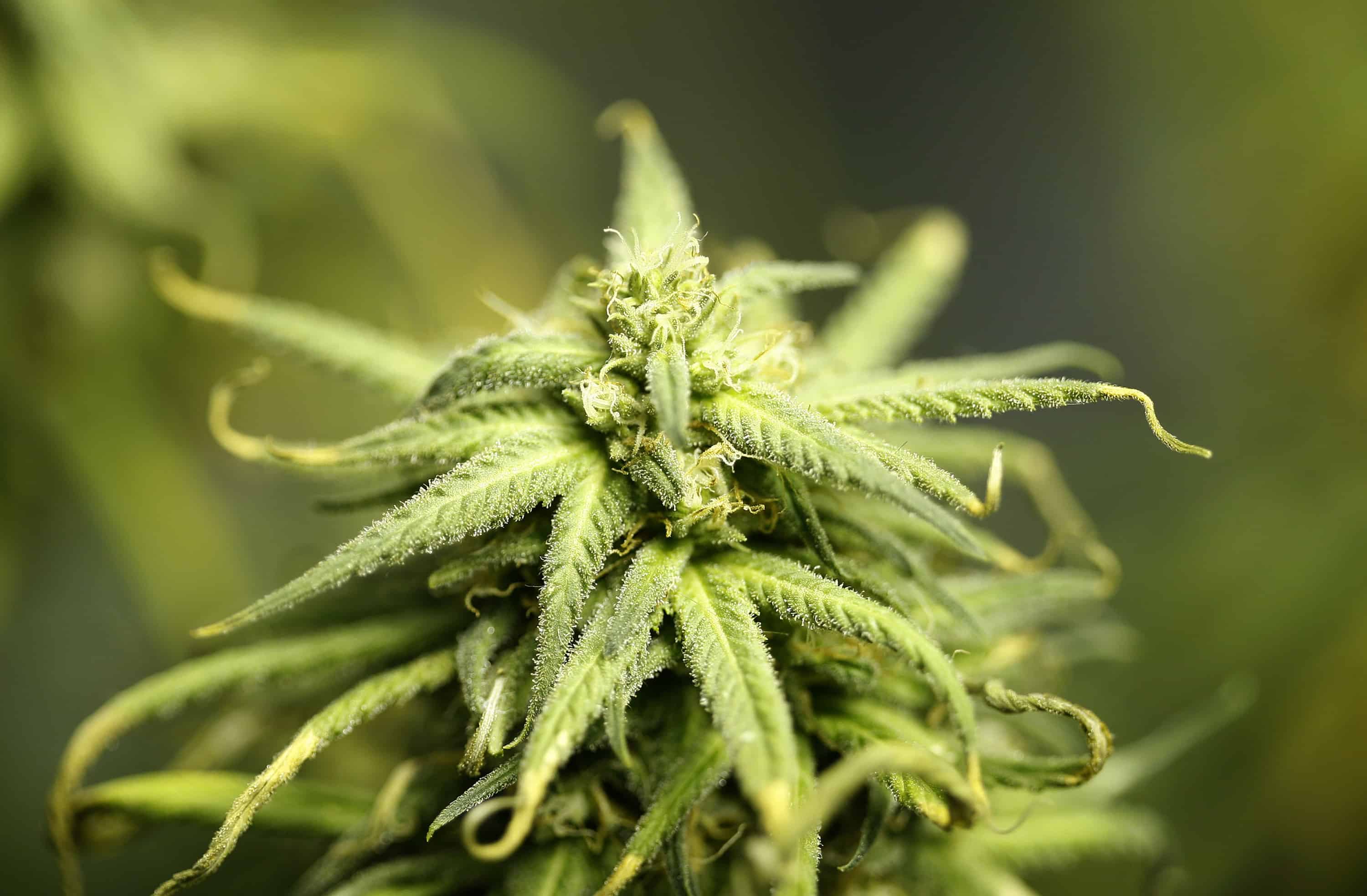Costa Rica’s law project 21.388 (“Law on Cannabis for medicinal and therapeutic use and Hemp for food and industrial use”), approved in a first debate this week by the Legislative Assembly, has been delayed.
Rather than advancing directly to a second vote by the same body, a group of 10 deputies have sent the bill to the Constitutional Chamber of the Supreme Court for legal review, per El Mundo.
One of those lawmakers, Mileidy Alvarado Arias, explained she is concerned about a lack of health and safety protections if Costa Rica were to authorize the growing and distribution of cannabis. She was one of the 13 votes against the project on Tuesday. (Thirty-three deputies voted in favor.)
Since its establishment in 1989, the Constitutional Chamber of the Supreme Court, better known as the Sala IV, has been central to all political and rights questions in the country.
Our original story follows:
Costa Rica is taking the next steps with a bill that seeks to legalize medical marijuana and the production of hemp.
On Tuesday, project 21.388 was approved in a first debate by the Legislative Assembly with 33 votes in favor and 13 against.
The proposal has a long way to go before becoming law, including a second debate by the same legislative body and a signature from President Carlos Alvarado. Notably, the Health Ministry (and President Alvarado) have voiced concerns about legalizing medical marijuana.
Still, the project represents the most concrete action Costa Rica has taken toward legalizing these products with significant economic potential.
The bill is promoted by lawmaker Zoila Rosa Volio, an agronomist by training, who believes in the great economic benefits of growing and exporting hemp and marijuana plants. PROCOMER, the Costa Rican agency in charge of promoting exports, says there is an annual global market of $5.7 billion in the industry.
“It is a market of billions of dollars and Costa Rica could be part of it,” Volio said in a 2020 interview.
Is weed legal in Costa Rica?
Anyone who has spent more than approximately 60 seconds in Jacó or Tamarindo knows marijuana is readily obtainable in Costa Rica.
While production of cannabis products is illegal in Costa Rica, many lawyers (and, importantly, police) agree that personal possession is decriminalized.
Still, it’s a long way from legal. Article 58 of the country’s Law on Narcotic Drugs stipulates the following:
A prison sentence of eight to fifteen years shall be imposed on whoever, without legal authorization, distributes, trades, supplies, manufactures, elaborates, refines, transforms, extracts, prepares, cultivates, produces, transports, stores or sells drugs, substances or the products referred to in this Law, or cultivate the plants from which such substances or products are obtained.
Lawyers consulted by the daily La Nación assured that Costa Rica’s drug law “punishes everything related exclusively to drug trafficking, but does not punish personal consumption.”
While nothing in Costa Rican law defines the amount allowed as “personal consumption,” the experts agreed that “the only thing authorities can do if they find crops for personal consumption is confiscate them and, in some cases, destroy them.”






